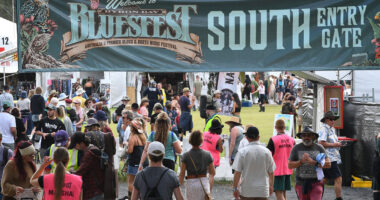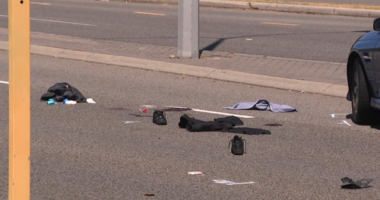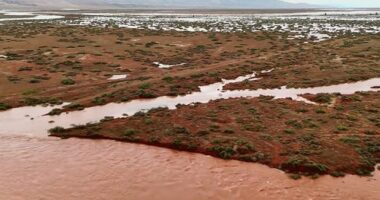Share this @internewscast.com
Actually, the real disparity in the US in the last decade has been estimated to mean CEOs take home an astonishing 265 to 300 times more than average American workers.
The disparity here is also significant. A lengthy study disclosed that CEOs of the top 100 Australian companies earned 55 times more than average workers last financial year.
So, how much money is enough?
Research over recent decades has come to different conclusions on how much money is needed to achieve peak well-being.
Remarkably, the people in that experiment gave away more than two-thirds of that money to family, friends, strangers and charities.
Valuing time and relationships
Consistent with these findings, research has shown that “time affluence” (increasing free time by outsourcing tasks you prefer not to do) and “experiential buying” (such as dining out with loved ones or going on vacations) can enhance well-being by enabling the development of new skills, fostering relationships, and creating lasting memories.
![A Knives Out Mystery Review – Benoit Blanc's Most Elaborate Case Yet [TIFF 2025]](https://internewscast.com/wp-content/uploads/2025/09/A-Knives-Out-Mystery-Review-–-Benoit-Blancs-Most-Elaborate-200x110.jpg)












